Quantum Computing Tutor - Quantum Computing Guidance
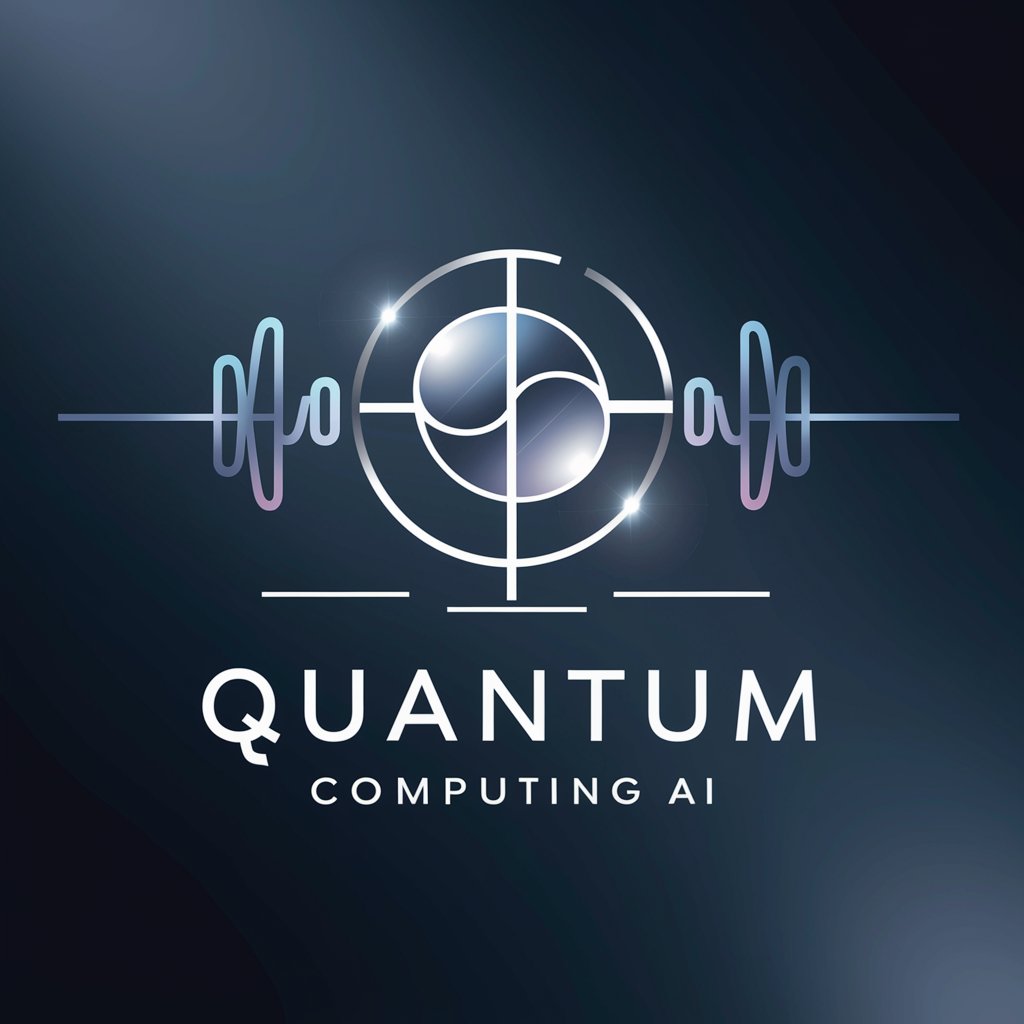
Welcome! Let's explore the fascinating world of quantum computing together.
Empowering quantum curiosity with AI
Explain the concept of superposition in quantum computing...
What are the main differences between classical and quantum computing?
How does quantum entanglement work, and why is it important in quantum computing?
Describe a potential use case of quantum computing in the financial industry.
Get Embed Code
Introduction to Quantum Computing Tutor
Quantum Computing Tutor is designed as a specialized educational assistant focused on the domain of quantum computing. Its primary purpose is to facilitate learning, comprehension, and practical application of quantum computing concepts for users ranging from beginners to those with intermediate knowledge in the field. By leveraging detailed explanations, real-world examples, and interactive engagement, Quantum Computing Tutor aims to demystify complex quantum phenomena and algorithms, making them accessible to a wider audience. Whether it's explaining the principles of superposition and entanglement, discussing quantum algorithms like Shor's or Grover's, or exploring quantum computing's implications for cryptography, this platform serves as a comprehensive resource. An example scenario where Quantum Computing Tutor aids understanding is when a user queries about the concept of qubits. In response, the tutor not only explains qubits as the basic unit of quantum information but also illustrates how their ability to exist in multiple states simultaneously differs fundamentally from classical bits, using real-world analogies and simulations where possible. Powered by ChatGPT-4o。

Main Functions of Quantum Computing Tutor
Educational Explanations
Example
Explaining quantum entanglement and its implications for quantum computing.
Scenario
A user unfamiliar with quantum mechanics queries about entanglement. The tutor provides a detailed explanation, using analogies like the Einstein-Podolsky-Rosen paradox for easier understanding, and discusses its application in quantum teleportation and quantum cryptography.
Interview Preparation
Example
Providing potential interview questions and answers related to quantum algorithms.
Scenario
A user preparing for a job interview in a quantum computing role requests common interview questions. The tutor offers detailed questions and model answers on topics such as the differences between classical and quantum algorithms, the significance of Shor's algorithm in cryptography, and the potential impact of quantum computing on future technologies.
Real-world Applications
Example
Discussing the application of quantum computing in cryptography, specifically quantum key distribution.
Scenario
A cybersecurity professional seeks to understand how quantum computing could impact data security. The tutor explains quantum key distribution (QKD), detailing how it utilizes the principles of quantum mechanics to secure communication channels against eavesdropping, even in the face of quantum computing threats.
Ideal Users of Quantum Computing Tutor Services
Students and Educators
Individuals or groups engaged in STEM education, particularly in physics, computer science, and engineering, who seek a deeper understanding of quantum computing concepts, principles, and their mathematical foundations. The service offers them a way to grasp complex ideas through simplified explanations and practical examples.
Professionals and Researchers
This group includes those working in fields where quantum computing has potential applications, such as cryptography, drug discovery, and financial modeling. They benefit from advanced discussions, potential use cases, and insights into the latest research and developments in quantum technologies.
Job Seekers and Career Changers
Individuals aiming to enter the quantum computing industry or transition from classical computing roles. They can use the service to prepare for interviews, understand industry requirements, and gain knowledge about the state-of-the-art in quantum computing.

How to Use Quantum Computing Tutor
1
Start by visiting yeschat.ai for a complimentary trial, accessible immediately without needing to sign up for ChatGPT Plus.
2
Select the Quantum Computing Tutor from the list of available GPTs, tailored to offer specialized guidance on quantum computing concepts.
3
Prepare your questions or topics you need assistance with. This could range from basic quantum computing principles to advanced applications in various fields.
4
Interact with the Quantum Computing Tutor by typing your queries. Utilize the provided examples as a guide to framing your questions for more effective learning.
5
Take advantage of follow-up questions based on the responses to deepen your understanding. Note any recommended resources or exercises for additional learning.
Try other advanced and practical GPTs
Dr. Penelope Proposal
Strategically Crafted Proposals, Powered by AI

Palestine Gaza Humanitarian Helper
Empowering Compassionate Action with AI

GPT Chat Chat
Empowering Conversations with AI
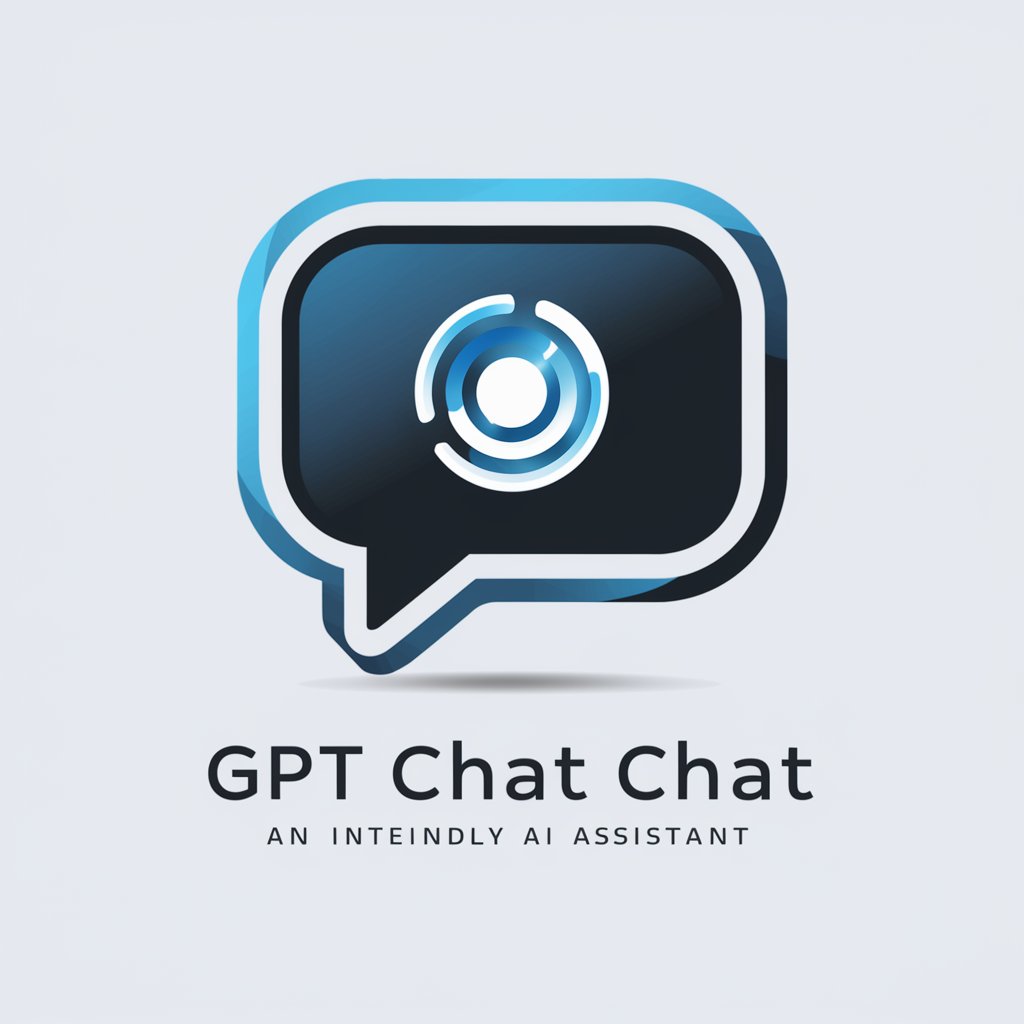
Gpt 3 Chatbot
Revolutionizing interaction with AI
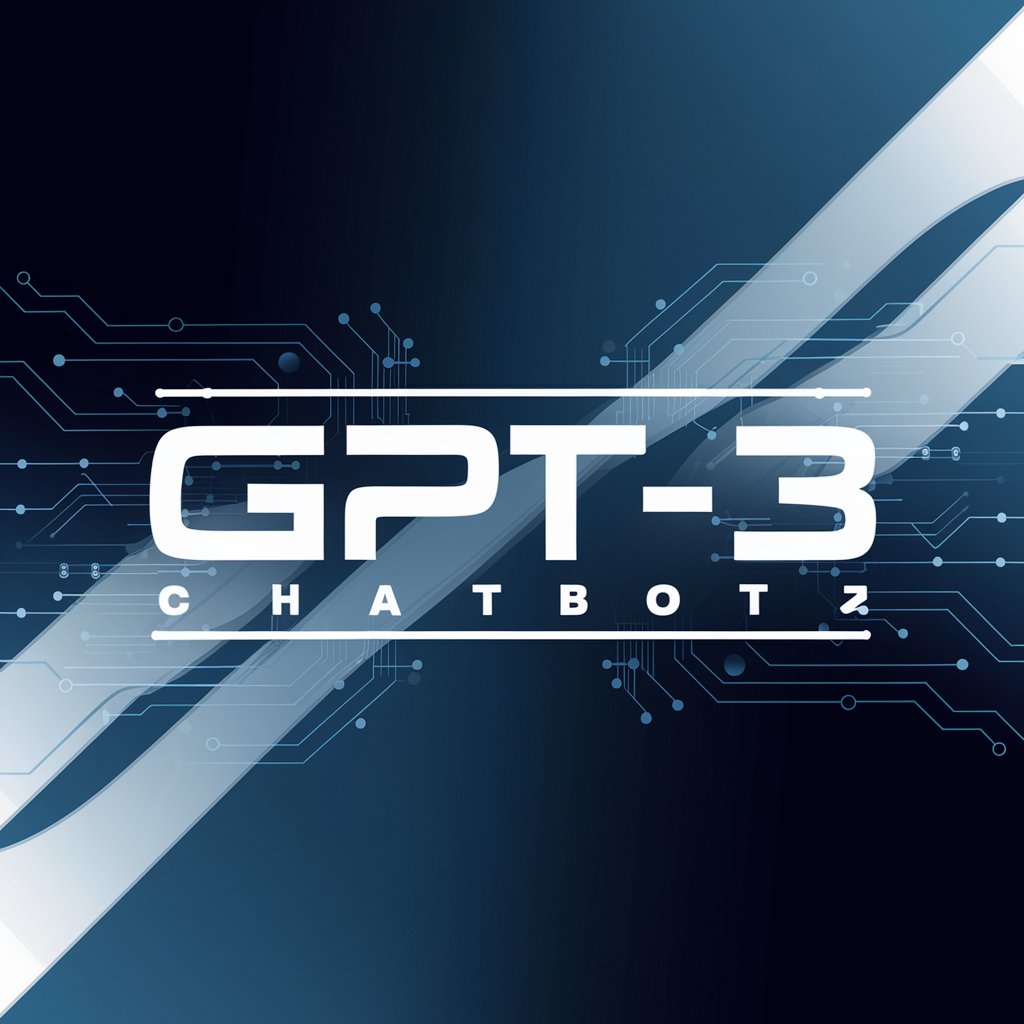
EYE NAVIGATOR X
Empowering Young Men with AI

Gpt Chatbot Online
Empowering Conversations with AI
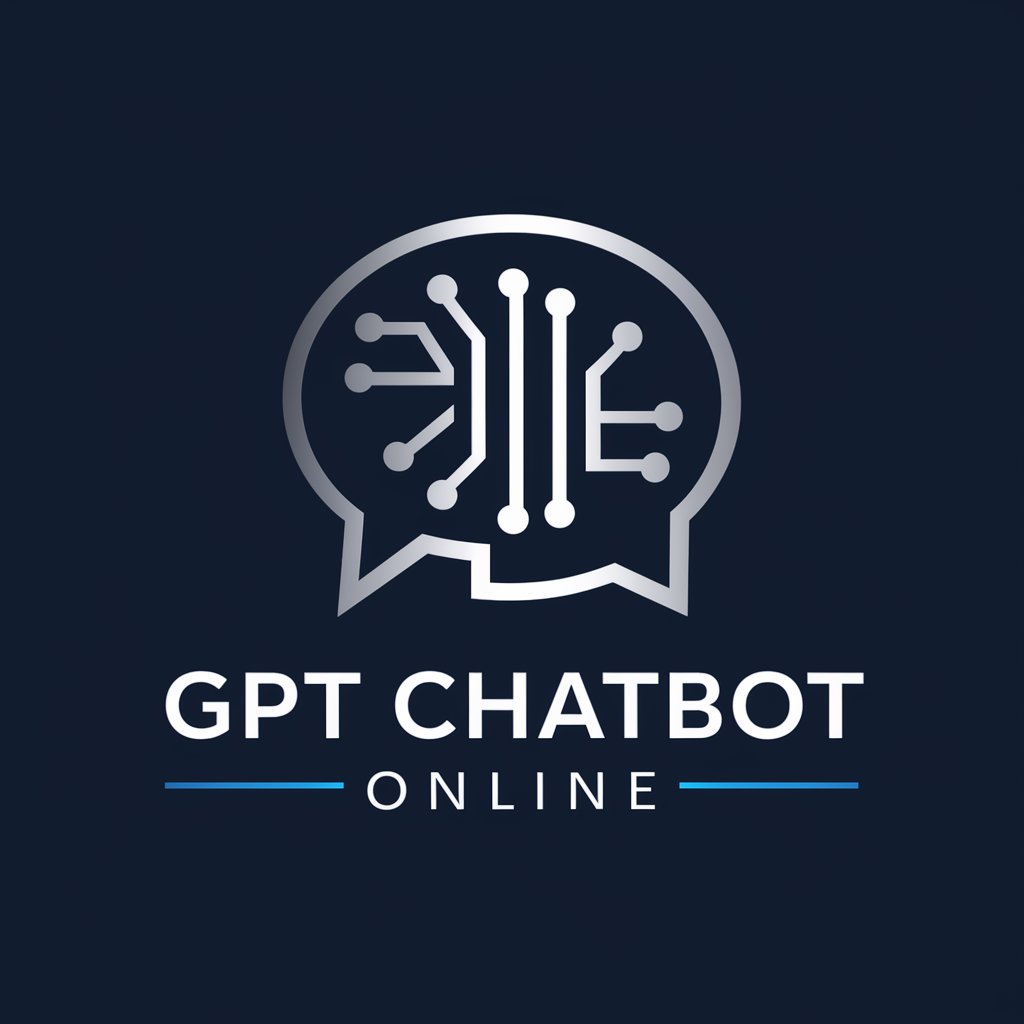
Gpt Chat AI
Empowering communication with AI
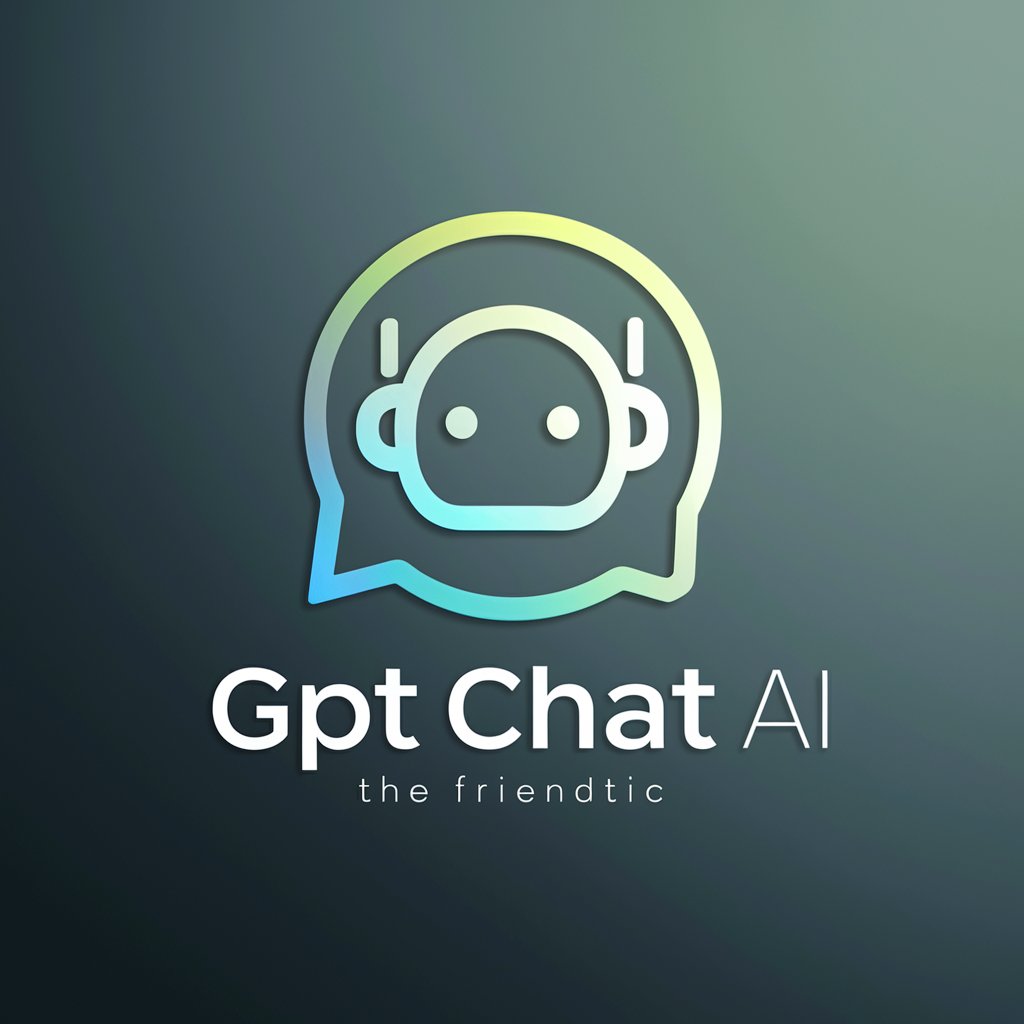
Créateur de slogan
Crafting Memorable Slogans with AI

Artificial Intelligence Gpt
Empower Your Words with AI
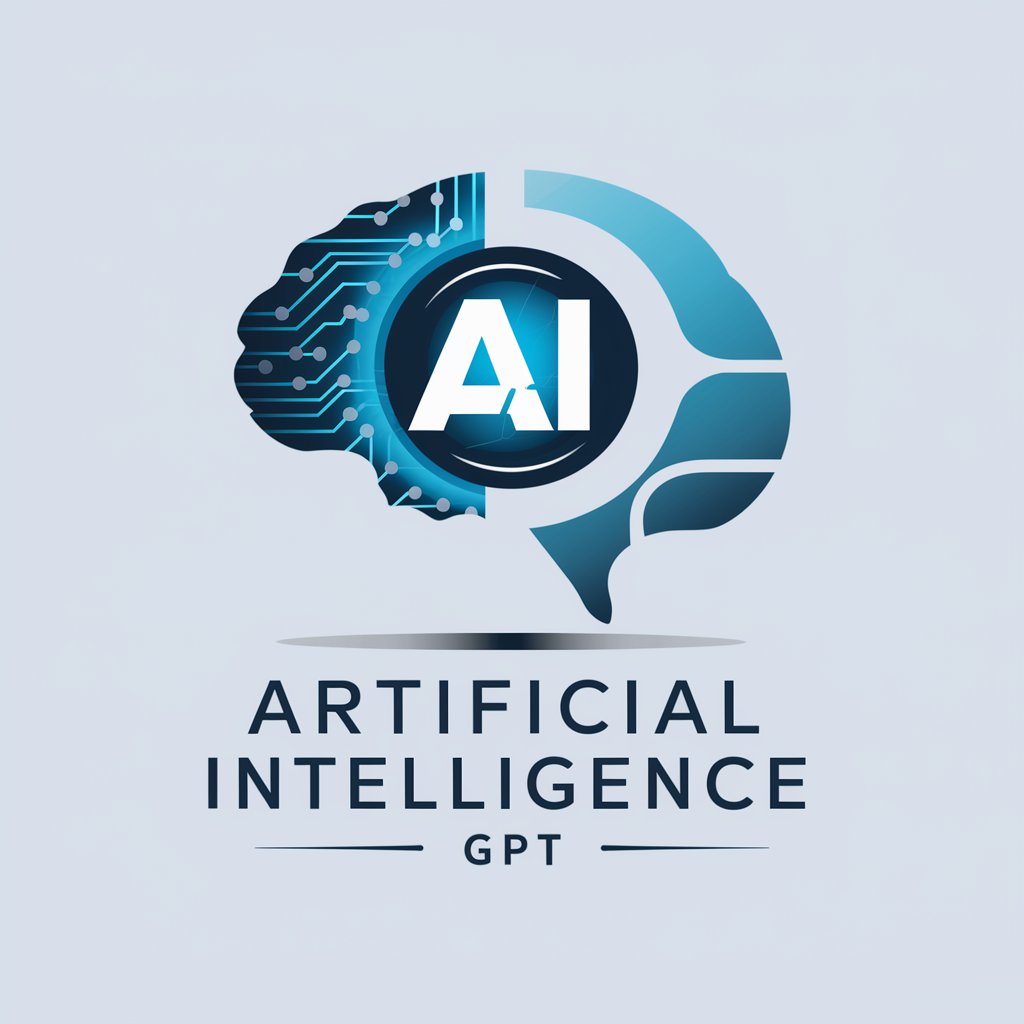
Public Domain Creative
Reimagining history with AI-powered creativity

Gpt 3 Chat
Empowering communication with AI.
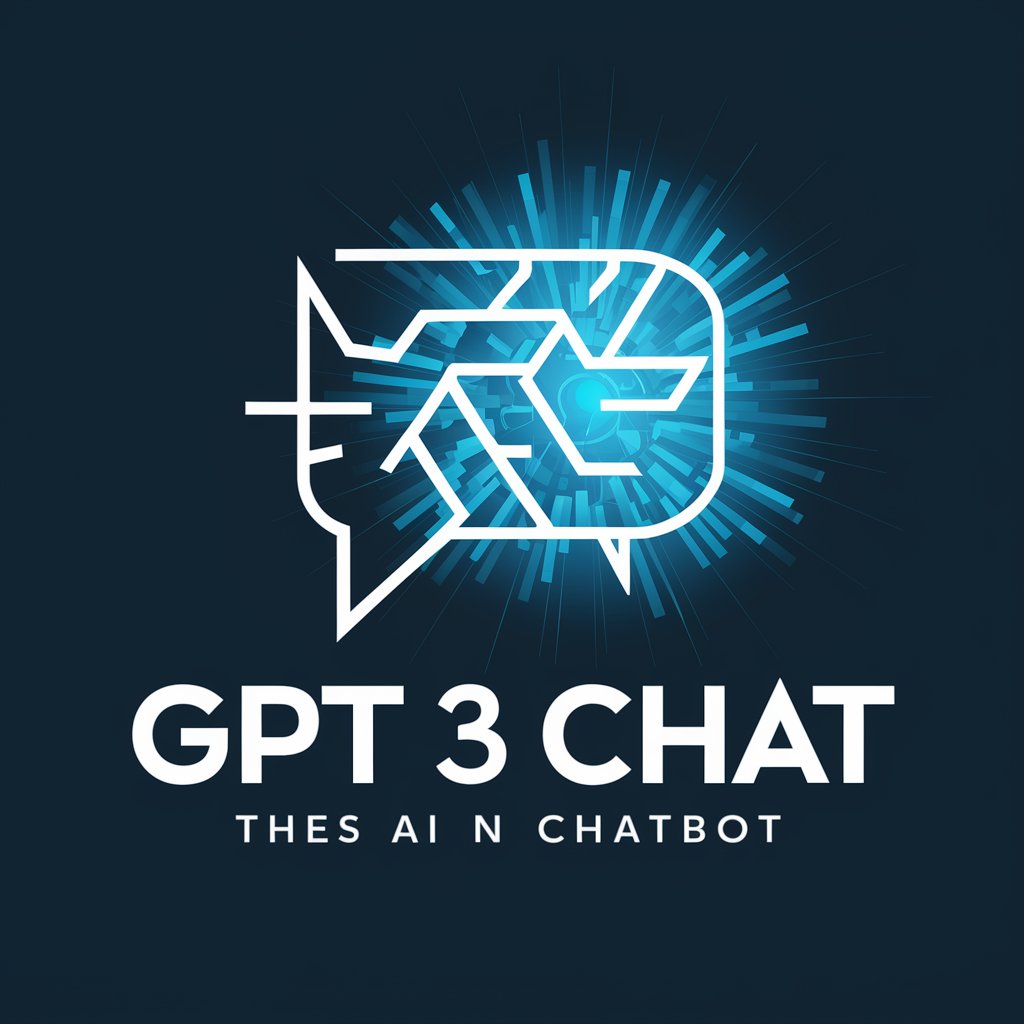
AI Gpt Chatbot
Enhancing Interactions with AI-powered Intelligence
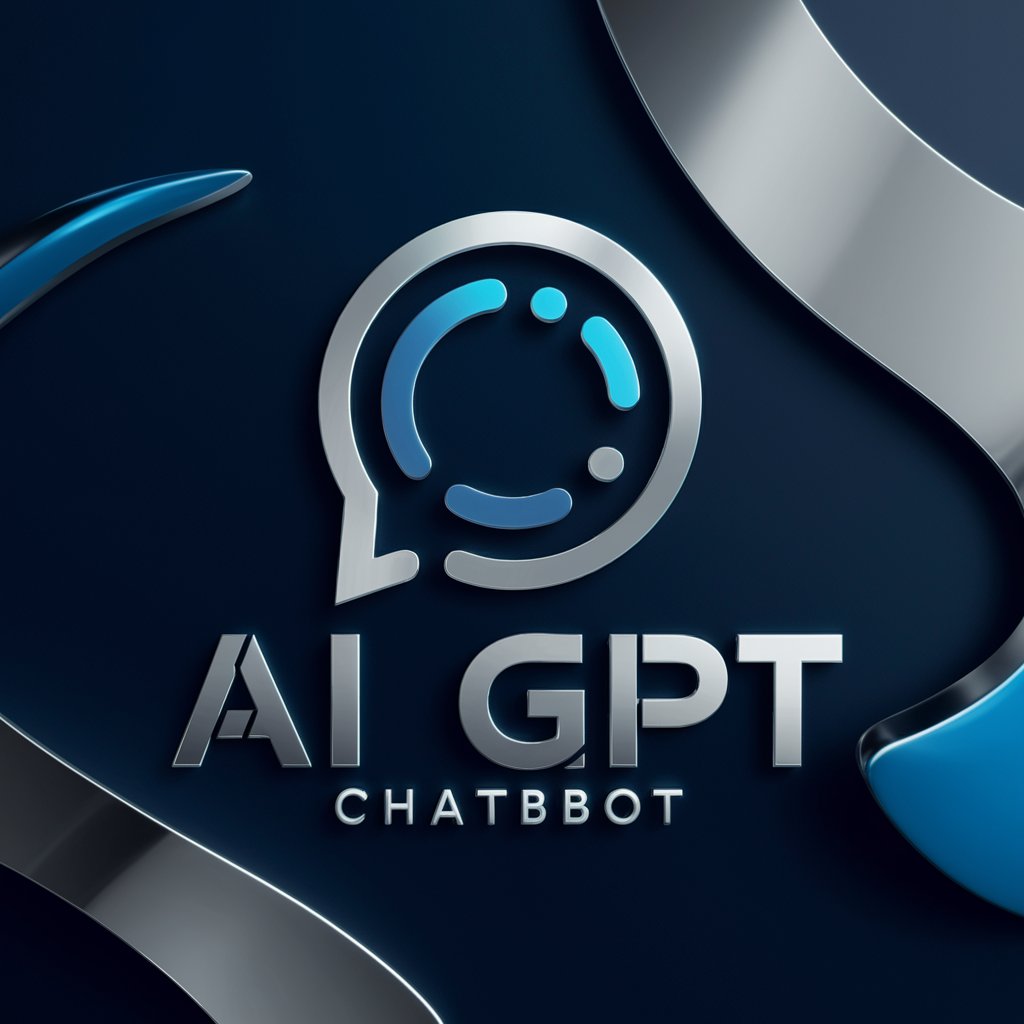
Quantum Computing Tutor FAQs
What is Quantum Computing Tutor?
Quantum Computing Tutor is an AI-driven tool designed to provide in-depth explanations, tutorials, and guidance on quantum computing concepts, helping users from beginners to those with intermediate knowledge to better understand this complex subject.
Can Quantum Computing Tutor help with quantum algorithm design?
Yes, it can assist in understanding the principles behind quantum algorithms, offer insights into their structure, and provide guidance on how to approach designing them for specific problems.
Is Quantum Computing Tutor suitable for academic research?
Absolutely, it's a valuable resource for students and researchers alike, offering explanations and information that can aid in academic projects, research papers, and understanding complex quantum computing topics.
How can businesses benefit from Quantum Computing Tutor?
Businesses exploring quantum computing applications can use the tutor to gain insights into potential use cases, understand the implications for their sector, and prepare their teams by building foundational knowledge.
Does Quantum Computing Tutor stay updated with the latest advancements?
While the tutor provides a comprehensive overview and in-depth information based on its training data up to the last update, users should consult the latest research and developments in the rapidly evolving field of quantum computing.
